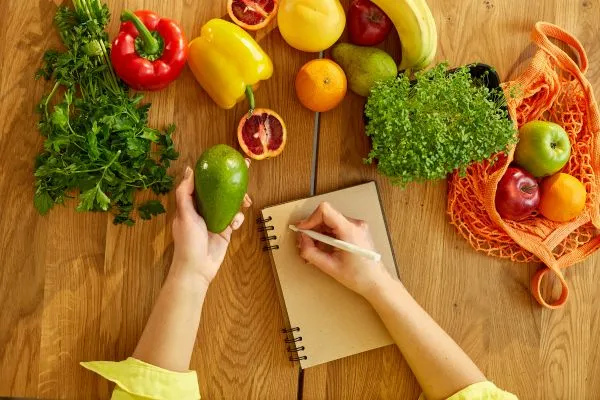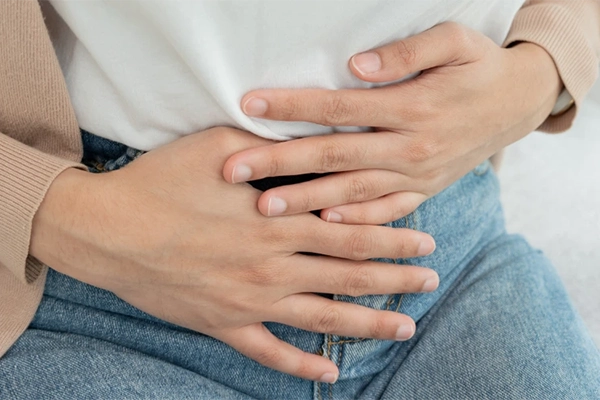Topics
Understanding Processed Food
In the true sense, any food that has changed from its natural state is considered processed food. Even washing, baking, and cooking food are a point to consider. It is part of processing food.
That is why, when we talk about processed food, we must note that there are several levels of processing.
Canned or frozen food products can be considered processed food. It applies to food that goes through mechanical processing, which includes grinding meat or pasteurising foods. However, there is very little change made to the original product.
Similarly, coffee beans and tea leaves need to be processed before we can make them into beverages. An apple processed to extract its juices is also not necessarily bad. Although we remove the fibre compound, minerals and vitamins are present.
The same goes for cheese, bread, and other baked goods. Milk needs to be processed to get cheese, and wheat needs to be milled into flour, mixed with water into a dough and then baked.
So, if we follow the true sense of the word, there is not much that we can eat if we avoid any form of processed food altogether.
However, when we talk about processed food, we generally mean food that has extra substances added to it to increase its flavour or its shelf life or food that has undergone chemical processes to remove most of the nutrients it contains.
Understanding Junk Food
On the other hand, junk food is best defined as food and drinks that are low in nutrients and high in calories, saturated fat, added sugar and salt. Most junk food products are pre-prepared, heavily processed and packaged. Some fast food can be considered junk food.
While they are no doubt tasty and indulgent, there is no benefit whatsoever in consuming junk food other than to satisfy our cravings and tastebuds.
A habit of eating junk food can increase the risk of obesity and inflates the risk of chronic diseases like heart disease, diabetes, liver-related disorders, and some cancers.
Staying Away from Unhealthy Processed Food
We all know that consuming too much processed food is never good for us. This is especially so when you consider how much sodium, added sugar, additives, artificial ingredients, and preservatives they contain.
These unhealthy processed food products usually contain a lot of saturated fats and trans-fats, refined carbohydrates, and less dietary fibre and vitamins. This should convince us about how bad too much consumption of processed food is.
Tips to Limit Consumption of Processed Food
It is not necessary to eradicate processed foods from our daily food intake at once. Making changes over time is often more effective and sustainable in the long run. Here are some useful tips:
- Determine how bad processed food is by learning to look at the nutrition labels.
- Limit or avoid buying food products that are high in sodium, sugar, saturated fats, and trans fats.
- Prepare your own food with the freshest ingredients.
- Eat fruits and nuts for a snack instead of snacking on chips and biscuits.
- Swap refined grain products like white rice, white bread and pasta for brown rice, whole-grain bread, and whole-grain pasta.
- Instead of a sugar-laden cereal, try oatmeal with some fresh fruit.
- Eat lots of vegetables especially those you can eat raw or just blanched or quickly stir-fried.
- Finally, drink lots of water and stay away from sweetened drinks.

Alternatives and Healthy Options
There are a lot of options when it comes to snacking or satiating hunger pangs. No doubt a packet of chips may seem like a good idea, or maybe a sweet pastry, cake, or cookies, even a sweet drink. Try and exercise some restraint and opt for healthier options.
Mixed nuts
Mixed nuts are a better option compared to a bag of chips. Nuts contain protein, fibre, healthy fats, vitamins, and minerals. Almonds, walnuts, Brazil nuts, pistachios, and cashew nuts are great options when eating in moderation.
Stay away from salted packed nuts because they contain high levels of sodium. For extra flavour, consider making a mix of nuts and dried fruits for a super healthy snack.
Fresh fruits
Fresh fruits are always a good choice to satisfy hunger pangs or when you have a sugar craving. Fruits are packed with nutrients, have high fibre content, and have very low calories.
Yoghurt
Yoghurt may seem creamy and indulgent, but it is full of nutrients. It is a good source of calcium, is rich in B vitamins, and contains beneficial bacteria that aid our digestive system.
Raw vegetable sticks
Slice up some cucumbers, carrots, celery, and even capsicum for a quick and tasty snack. Not only are they nutritious, but the act of cutting up the vegetables will also keep us occupied for a little while and take our mind off our food cravings.
Energy bars
Energy bars, also known as protein bars, are a good choice for a quick snack especially if we are on the move. Be careful though and check the nutrition labels for added sugar and sodium.
Dark chocolate
Dark chocolate is a great alternative when you have that craving for chocolate. It contains less sugar than milk chocolate and is high in antioxidants. Watch the serving size though as too much of anything is never good – even chocolate! Stick to one or two small squares to satisfy your cravings.
Flavoured water
Flavoured water is a great choice as an alternative to fizzy and sweet drinks. Add a little fruit juice to the water or even just a slice of lemon or orange to give your water some added zest. Drinking water is also a good way to give us a feeling of being full so we end up eating less.
Find Out More About Your Dietary Needs at Gleneagles Hospital
Contact the team of dietitians at your nearest Gleneagles Hospital if you have questions about your dietary needs and to get professional nutrition and dietary advice on how to structure your meals in your journey towards better health.
If you would like to make an appointment for health screening, please contact the health screening centre at the Gleneagles Hospital nearest to you.








